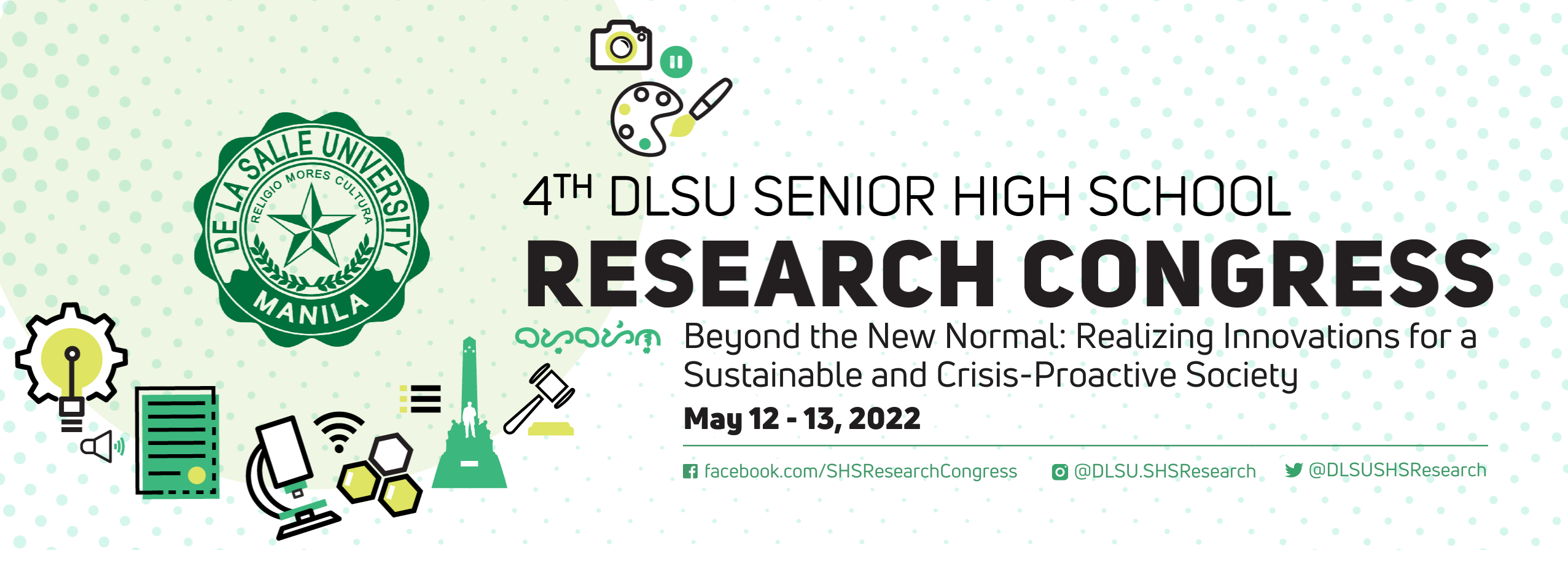Document Types
Arts and Design Research Presentation
Research Theme (for Paper Presentation and Poster Presentation submissions only)
Digital Arts (DA)
Research Advisor (Last Name, First Name, Middle Initial)
John Alfred V. Dalisay
Start Date
12-5-2022 1:00 PM
End Date
13-5-2022 12:00 PM
Abstract/Executive Summary
The artist-researcher used pastiche and technology incorporated with photography to depict the household experiences of lesbian, gay, bisexual, transgender, and queer+ youth in the Philippines. Six participants attended a focus group discussion which was used in art conceptualization. They shared common experiences of having internalized homophobia and fear of rejection because of their families’ religious beliefs. However, a few shared factors apart from religiosity such as the parents’ reaction in general and their personal view on the significance of coming out. The photo series applied references to famous religious paintings and the repetition of subjects. Elements of the photos were added to recontextualize the religious paintings to represent the experiences.
Keywords
photography; LGBTQIA+ youth experiences; pastiche; religious paintings; family dynamics
Tuwid: A Photo Series Depicting the Experiences of Closeted Filipino LGBTQIA+ Youth
Jaime Hilario Virtual Auditorium 2
The artist-researcher used pastiche and technology incorporated with photography to depict the household experiences of lesbian, gay, bisexual, transgender, and queer+ youth in the Philippines. Six participants attended a focus group discussion which was used in art conceptualization. They shared common experiences of having internalized homophobia and fear of rejection because of their families’ religious beliefs. However, a few shared factors apart from religiosity such as the parents’ reaction in general and their personal view on the significance of coming out. The photo series applied references to famous religious paintings and the repetition of subjects. Elements of the photos were added to recontextualize the religious paintings to represent the experiences.


